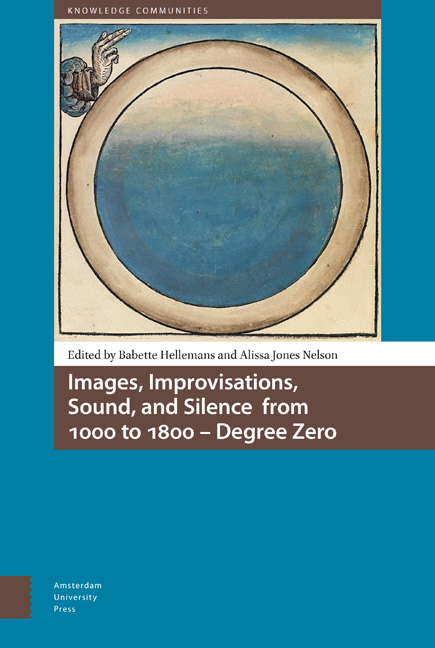8 - The Sovereign Ear: Handel's Water Music and Aural Historiography
Published online by Cambridge University Press: 11 December 2020
Summary
Abstract
Recent definitions of listening have come to include an account of the history of this cultural practice. Roland Barthes, writing in the mid-1970s, suggested a mode of aural historiography informed by the metahistorical trope of the spiral. In this chapter, aural historiography is confronted with the concept of sovereignty, which Italo Calvino, responding to Barthes, foregrounded in a fictional story about a king listening. Juxtaposing Calvino's fiction with the historical King George I, the story of Handel’s Water Music is taken as a point of departure for a study of historicalepistemic shifts in the history of listening. As sovereignty plays a central role in this history, it is argued that aural-historical discourse should heed the turns (spirals, dorsalities) underlying this concept.
Keywords: listening; sovereignty; dorsality; Barthes; Water Music; Handel
How can one write a history of an organ so enmeshed with the idea of sovereignty as the ear? The role of the ear as a producer of phantasms of ipseity has been commented upon by a variety of contemporary theorists. For example, in a seminal essay on the organology of the ear, published in the early 1970s, which runs alongside a long quotation from the literary work of Michel Leiris, Jacques Derrida commented on the ear's tendency towards self-erasure:
[T]he ear, the distinct, differentiated, articulated organ that produces the effect of proximity, of absolute properness, the idealizing erasure of organic difference. It is an organ whose structure (and the suture that holds it to the throat) produces the pacifying lure of organic indifference.
To forget it – and in so doing to take shelter in the most familial of dwellings – is to cry out for the end of organs, of others.
The function of the ear seems related – perhaps in a privileged way – to the metaphysics of presence and its tensions with the historical and the political. In Leiris's text, the ear is analyzed in terms of the cavernous and the subterraneous, as a space to be penetrated – much in the manner in which Persephone pierced the earth to reach inside her dark kingdom, or in the way of the ear worm that, Leiris reminds us, is said to spiral through the tympan and the ear's inner structures towards ‘the totally naked cavity of our mental space’.
- Type
- Chapter
- Information
- Images Improvisations Sound and Silence from 1000 to 1800 , pp. 157 - 176Publisher: Amsterdam University PressPrint publication year: 2018



